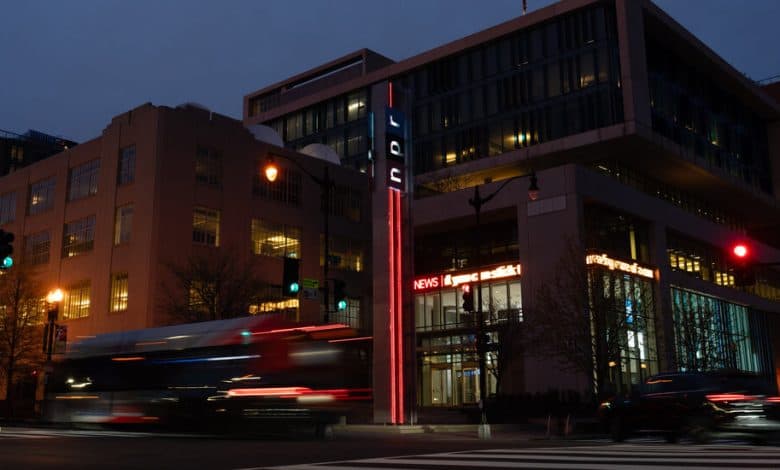New Editing Layer Adds Angst Inside NPR

One of NPR’s most prominent hosts asked the company’s top editor on Thursday to disclose the identity of an anonymous funder who is helping pay for a new layer of editing several weeks after the radio network faced a prominent accusation of having a liberal bias in its coverage.
Michel Martin, a host of NPR’s “Morning Edition,” pressed Edith Chapin, NPR’s chief content officer, to identify the source of the funding in an editorial meeting at the network’s Washington headquarters, according to four people with knowledge of the exchange.
Ms. Chapin declined to elaborate on the source of the money but said that it wouldn’t be a surprise to NPR’s editorial staff. Ms. Martin replied she would not accept that answer from a source, the people said.
The meeting was held to discuss the new layer of editing, called the Backstop, that was announced to the full staff on Wednesday. The group, to be made up of six senior editors, will review all of NPR’s journalism before it is released.
In recent weeks, NPR has been dealing with the fallout from an essay published in The Free Press by Uri Berliner, then a senior editor at NPR, who argued that the network had allowed progressive politics to skew its journalism. Much of the staff has pushed back against his accusations, calling them factually inaccurate, but conservative critics have latched onto his argument and Republican members of Congress have asked NPR’s chief executive to testify on accusations of bias.
The announcement of the new initiative angered many NPR employees, who see the Backstop as an unnecessary bottleneck that will bog down the nonprofit’s reporting with a redundant layer of editing. Others have expressed concern that it could be viewed as a defensive response to Mr. Berliner’s essay — a premise that Ms. Chapin has rejected in conversations with employees.